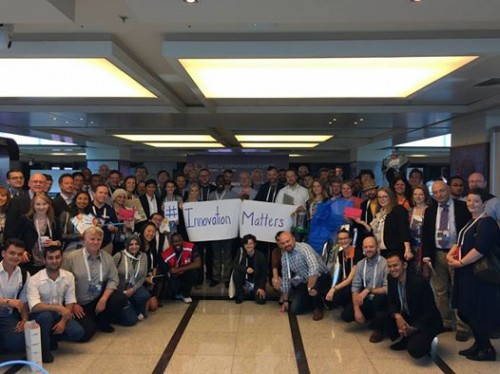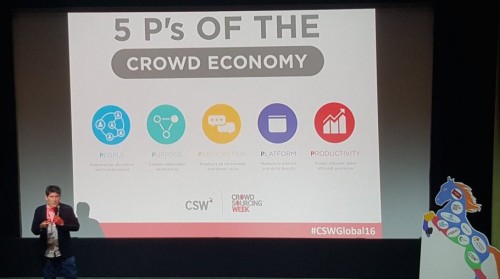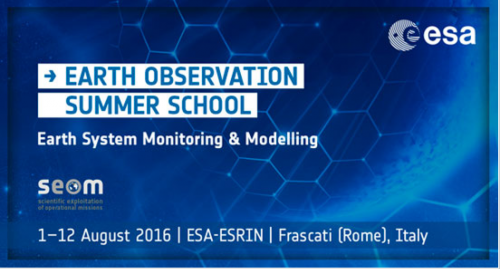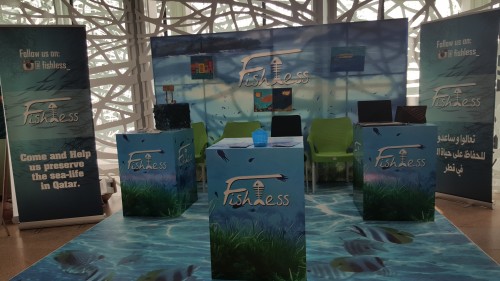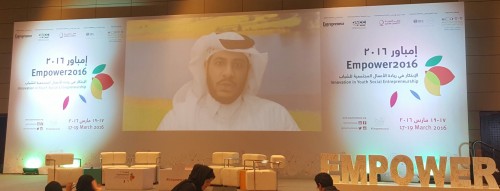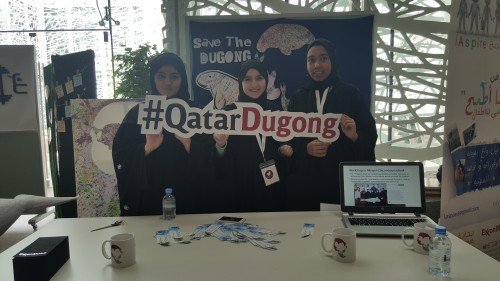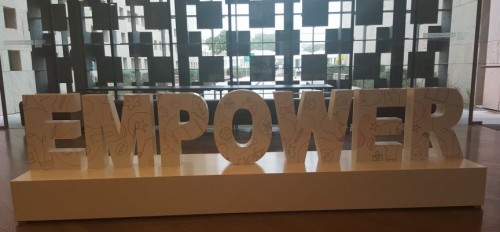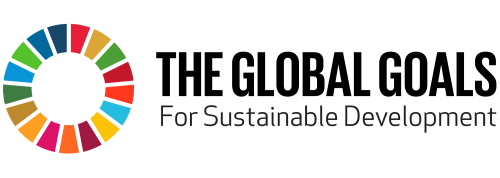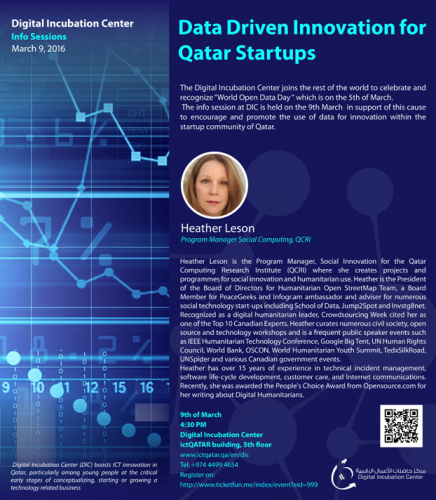[ed. note: Data @ IFRC is a blog series to share highlights from data-driven Red Cross Red Crescent national societies, learning opportunities and thought pieces on all things data from ethics to evidence.]
We have some training highlights from Ecuador, Tool tips from England and an Innovation podcast to feed your brain.
OpenDataKit Training with the Ecuador Red Cross
In Ecuador this week, Boris Gaona lead Ecuadorian Red Cross volunteers in the OpenDataKit (ODK) Advanced Course, given by the IFRC and CREPD Team. Data skills are critical for preparedness and for local capacity building. (photo credit: Boris Gaona)
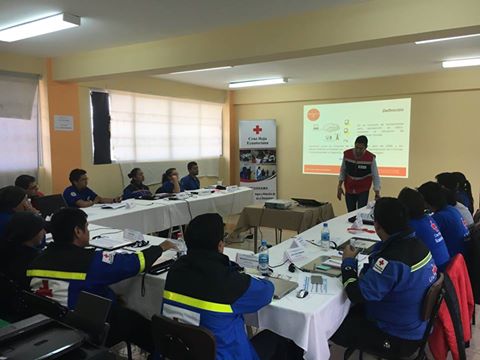
What is OpenDataKit?
OpenDataKit (ODK) is used around the world by Red Cross Red Crescent staff and volunteers. It is a free and open-source set of tools which help organizations author, field, and manage mobile data collection solutions. With ODK you can create a dataset form or survey, collect the data via mobile, send it to the server than aggregate it to use for reporting or programming.
Humanitarian Data Exchange wins award
Humanitarian Data Exchange (HDX) is an open source data site to help humanitarians share data. The project is 5 years young and is being built by an open source community. An example of the collaborative power of HDX is that there were over 1000 downloads of Haiti administrative borders after Hurricane Matthew. A number of Red Cross Red Crescent teams contributing and using HDX. As we grow our efforts on a collaborative and transparent data journey, HDX will be a key partner and means to connect with our humanitarian allies.
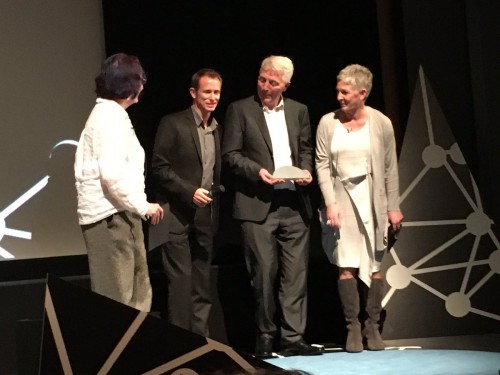
Congratulations to the whole HDX team for winning the Open Data Innovation Award! (About the Open Data Institute award.)
(Photo by Zaheda Borat)
Fancy Data
Keeping up with all the data methodologies and hype can be hard. Definitely, there are some exciting opportunities with blockchain. I’d encourage you to read about some of the work over at the Start Network on this front. And, if you want to see what business, especially #fintech is up to, do take a read of Don and Alex Tapscott’s book: BLOCKCHAIN REVOLUTION: How the Technology Behind Bitcoin is Changing Money, Business, and the World
It is hard to know when to add a new technology/process to your budget or workflow. A data ally shared this blockchain articledata and handy chart to help you decide:
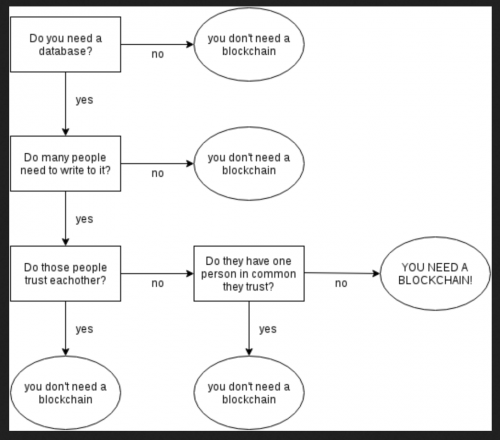
***
Speaking of data and standards, Open Referral is busy creating the Human Services Data Specification – an exchange format for publishing machine readable data about health, human, and social services, their locations, and the organizations that provide them.” I wonder how this might help our work?
Learning zone
Simon Johnson is a data leader within the British Red Cross. He created a web cheatsheet to help you on your data basics. Check out his “50 Humanitarian IM Tips.”
The amazing Data Science Central has curated a list of Business Analysis tools. Perhaps one of these might help your work? Click for Business Analysis tools. Note: It is a top 18, not Top 20. Listicles ensue.
Thinking about Mosul
The sheer volume of people displaced in Iraq is overwhelming. Our partners over in IFRC Communications advised that:
“Thousands more people are expected to arrive in the coming days and weeks as fighting around Mosul intensifies. Humanitarian agencies estimate that the fighting could displace more than one million people. This is on top of the 3.2 million already displaced by the conflict. Throughout the country, some 10 million Iraqis are in need of aid.”
Let that sink in as winter approaches – 3.2 million displaced, 1 million about to join them and over 10 million Iraqis are in need of aid.
Consent, Systematic change and Innovation
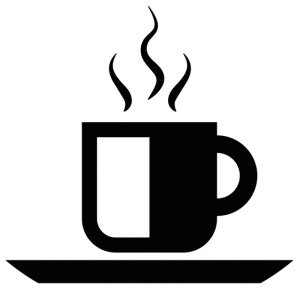
As we well know, the programmes and planning around data and change require regular big thinks, divergent paths and numerous cups of coffee.
Data and Consent gets a review by Linda Raftree and crew:
“Is informed consent even possible when data is digital and/or opened? Do we have any way of controlling what happens with that data once it is digital? “
Panthea Lee of Reboot encourages us to think about “upstream data” (reporting) and “downstream data” (programming) as we plan our data-driven projects.
“Data is inherently messy. It’s a snapshot of information from a specific time and place. There is a lot of narrative and context and meaning that is embedded in data, that need to be drawn out through conversations. We have to understand decisionmaking, and then adapt and present the data to directly support it.”
And, just how to we get from innovation to Systematic change? The Terms of Reference Podcast tackles this for us.(click to listen)
(Image by Clockwise, Noun Project)
